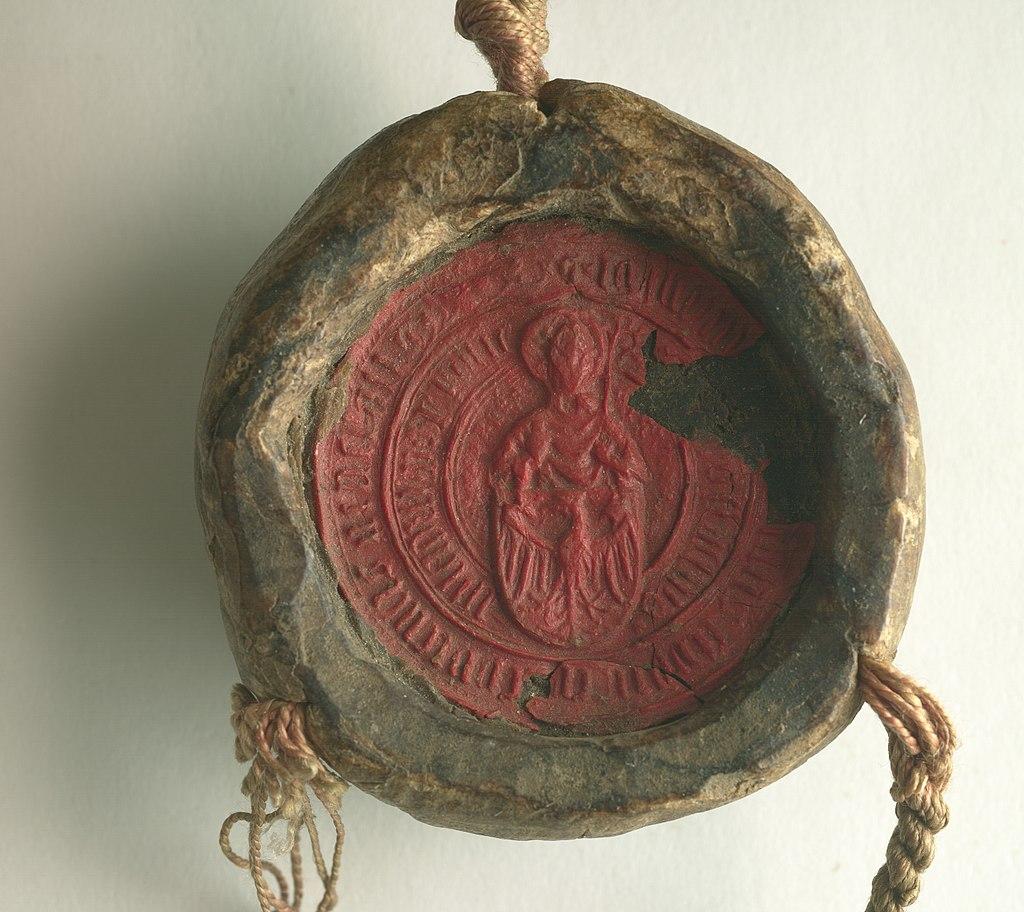The unification of Poland by kings Władysław Łokietek and Kazimierz Wielki (Kazimierz III the Great) required the codification of laws and qualified officials to serve the Kingdom. The need for the latter is generally considered the main motive behind the establishment of a university in Cracow, Poland’s capital, by King Kazimierz. Issuing a foundation charter on 12 May 1364, Kazimierz III established Poland’s first (and Central Europe’s second) university (studium generale), originally known as the Cracow Academy. It was modelled on the Italian universities, especially Bologna, which specialised in teaching law. The newly founded university had three faculties: liberal arts, medicine, and law (including canon and Roman law). It didn’t have a faculty of theology, which was considered less dire and required special permission from the pope. Kazimierz provided the university with an economic foundation and granted it extensive legal autonomy, extending special protection to lecturers and students. The academy hardly had time to develop – after Kazimierz died in 1370, his successor, Ludwik Węgierski (Louis the Hungarian), did not show much interest in it. It experienced renewal in 1400 thanks to a legacy from Louis’s daughter, Queen Jadwiga (Hedwig), whose estate was executed by her husband, King Władysław Jagiełło (Jogaila). It is on accont of Jagiełło that the reborn university, which continued to be known as the Cracow Academy during the Commonwealth period, is today known as Jagiellonian University.


